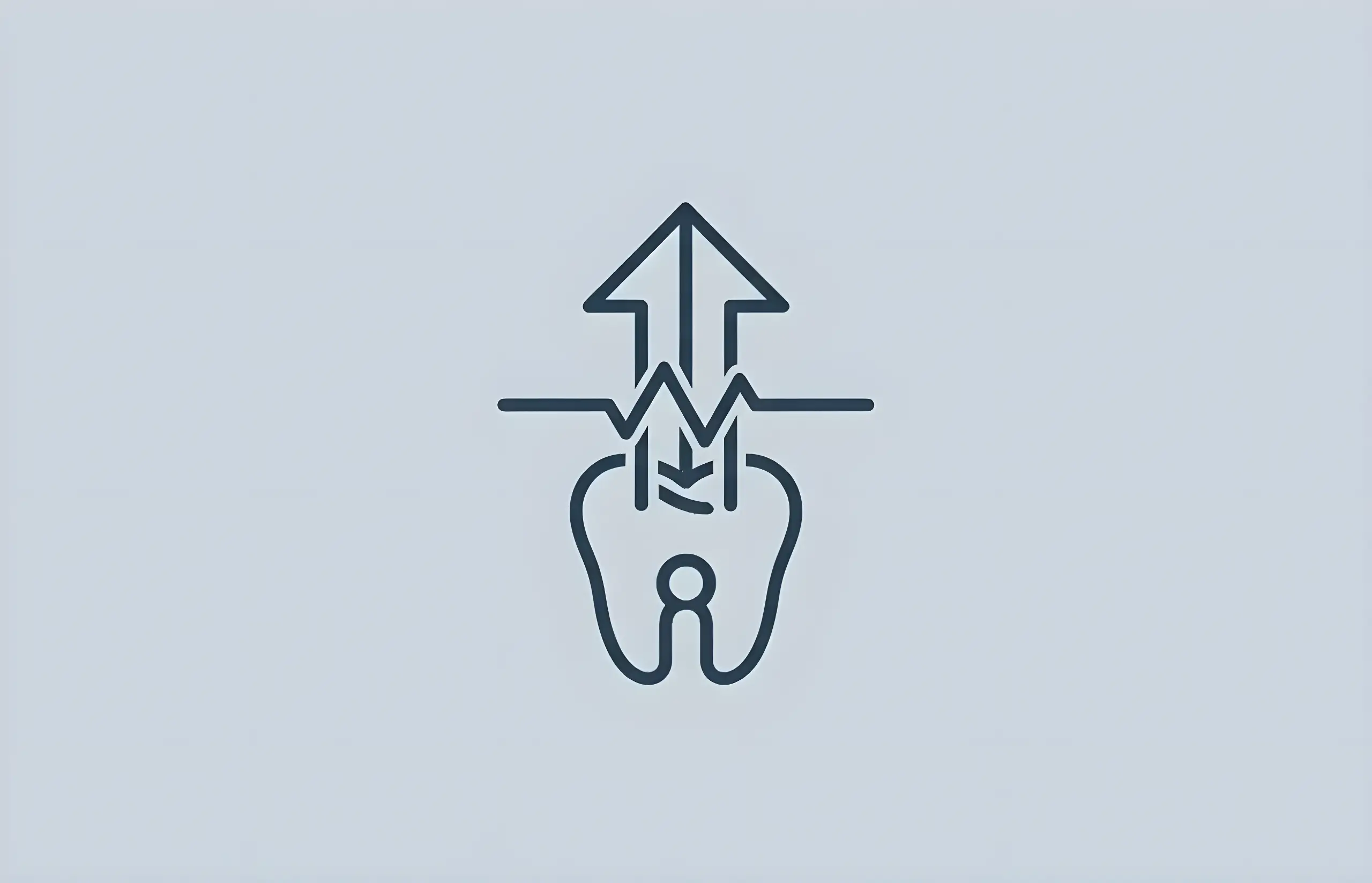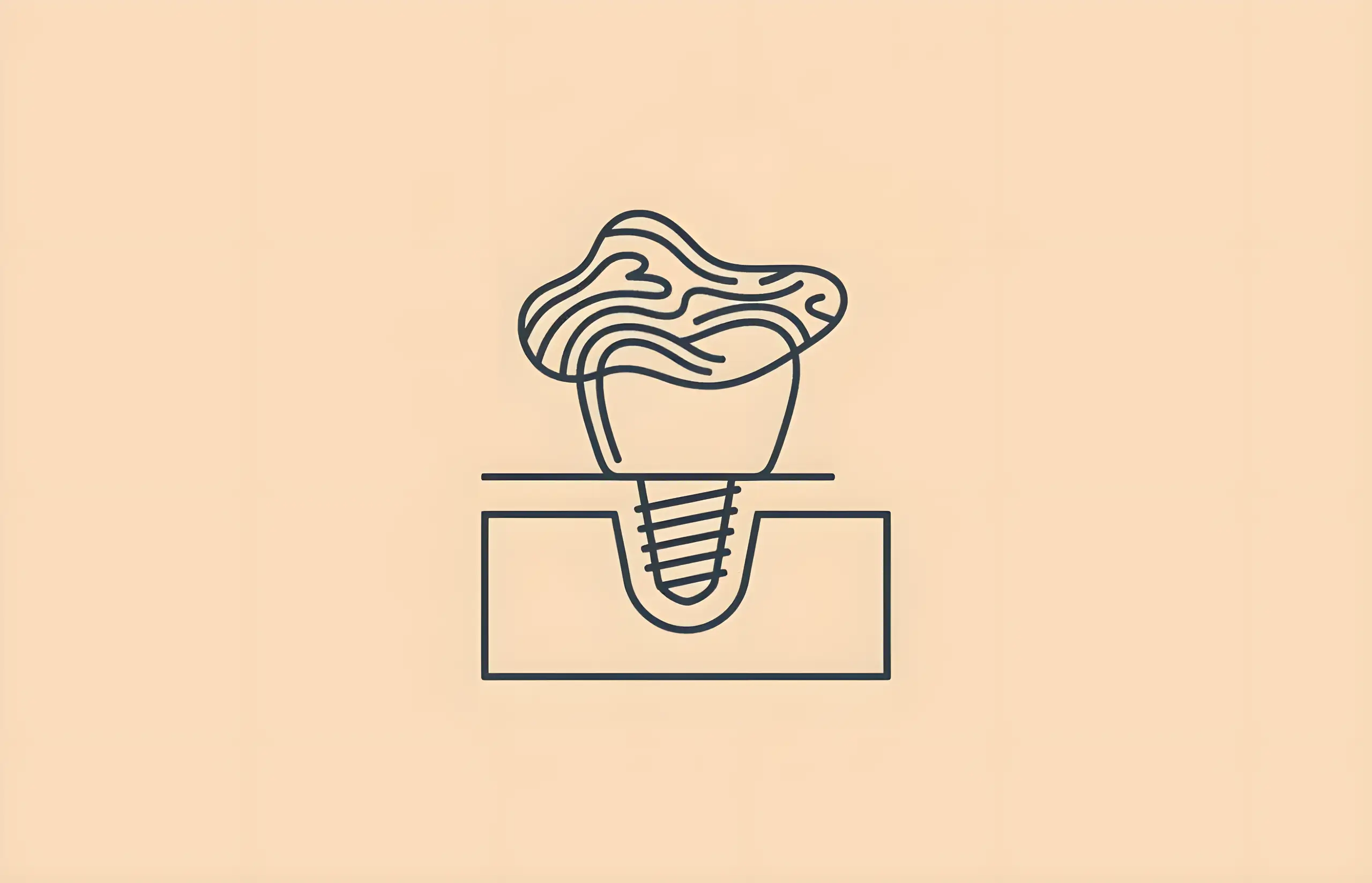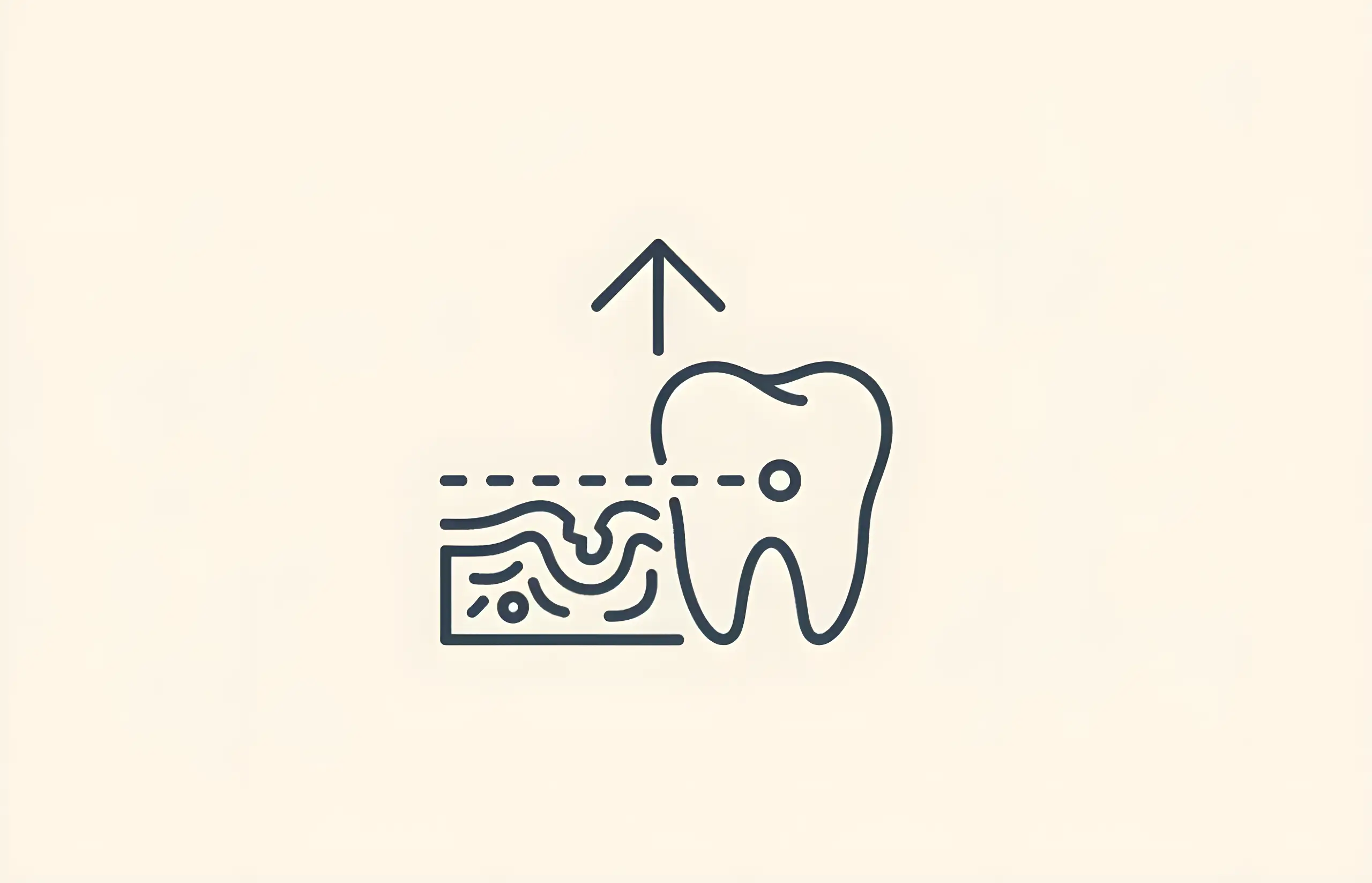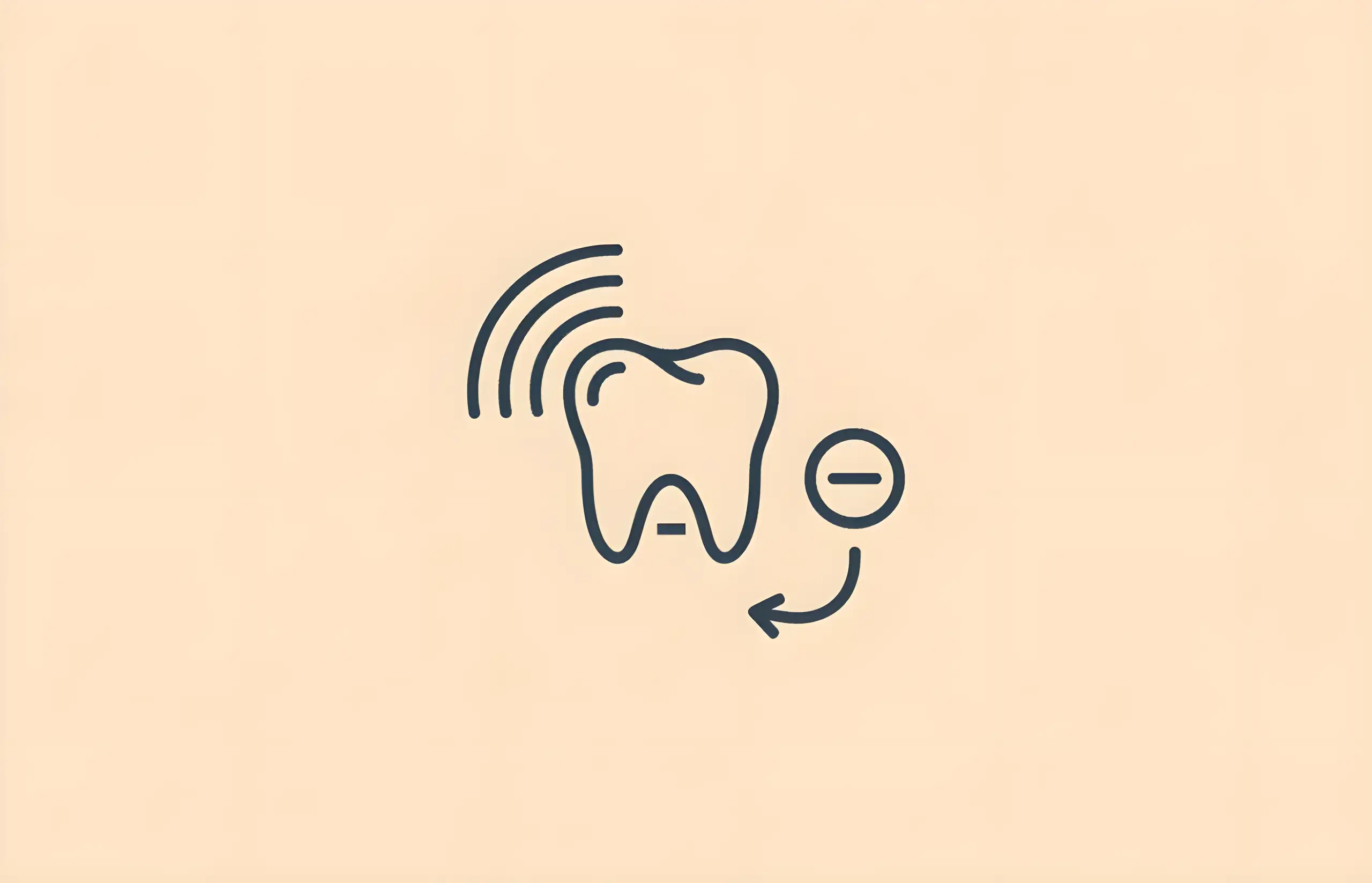Dental implants are a popular option for many people since they're more comfortable and convenient than dentures. Implants are a durable solution for replacing missing or damaged teeth, and they can also prevent bone loss, as well as keeping adjacent teeth more stable.
There are many benefits associated with dental implants, but you should also consider possible problems and side effects. Research shows that while dental implants have a 95%+ success rate and 94.6% survival over 13.4 years, approximately one-third of patients experience some form of complication. It's best to discuss potential complications with your dentist to make an informed decision.
Risk Factors
Not everyone is a good candidate for dental implants. Some pre-existing conditions put you at risk for complications:
Periodontitis and Gum Disease
Periodontitis, or gum disease, increases your risk of developing an infection. It's also a condition that can damage the bone supporting your teeth or implant. A 2024 systematic review found that the incidence of peri-implantitis was statistically significantly greater (RR = 4.09) in periodontally compromised patients, with history of periodontitis considered a significant risk factor for implant failure.
Research shows that peri-implantitis presents as the most common complication in implant dentistry, with prevalence ranging from 28% to 51% across various studies. Up to 80% prevalence for peri-implant mucositis and 56% for peri-implantitis has been reported.
Smoking
Studies have shown that smoking increases dental implant failure rates. A comprehensive 2024 systematic review analyzing 33 studies covering 29,519 implants in over 18,301 patients found a significant correlation in 25 out of 33 studies between smoking and increased implant failure rates.
Key findings include:
- Smokers have 2.59× higher early failure risk (odds ratio 2.59, 95% CI 2.08-3.23)
- Higher daily cigarette consumption significantly increases implant failure risk (dose-response relationship)
- Maxillary implants show 5.90× higher failure risk in smokers vs 3.76× in mandible
- The odds of early implant failure for smokers is 159% higher than for non-smokers
- Smokers have dramatically higher peri-implantitis incidence: 72.7% vs 27.3% for non-smokers
Diabetes
Research shows that diabetes significantly affects dental implant outcomes. A 2024 systematic review found statistically significant differences between diabetic and non-diabetic groups regarding marginal bone loss (p < .00001), probing depth (p < .00001) and bleeding around dental implants (p < .00001), with subjects without diabetes having lower complication rates.
An apparently increased risk of peri-implantitis is reported in patients with diabetes mellitus. However, implant survival rates ranged from 83.5% to 100% for subjects with diabetes, indicating that dental implant procedures represent a safe way of oral rehabilitation in patients with prediabetes or diabetes mellitus, as long as appropriate precautions can be adhered to.
Other Conditions
- History of heart attack or stroke: Dental surgery can increase your risk of experiencing a new episode.
- Osteoporosis and bone conditions: Will make implantation into the jawbone more difficult.
- Additional conditions: Kidney or liver disease increase the risk of dental implant side effects.
Your oral surgeon will assess your individual risk factor to determine whether implants are your best option. Note that you can take steps to lower risks, like quitting smoking or getting your gum disease under control.
Common Side Effects and Problems
You should discuss dental implants problems and side effects with your dentist to get a better idea of what to expect.
Recovery and Common Side Effects
These are common side effects you will experience after the procedure:
- Bleeding
- Discomfort
- Swelling
- Bruising
These side effects should disappear after a couple of days with proper care. Research shows that 66.7% of patients experience no complications following dental implant surgery.
Potential Complications
A 2024 study analyzing 150 patient cases from 2015-2020 identified the following complication rates:
- Infection: 15.3% (most common complication)
- Peri-implantitis: 12.0%
- Implant failure: 8.0%
- Prosthetic failure: 5.3%
- Sinus complications: 4.0%
- Nerve injury: 2.7%
These complications can appear shortly after the procedure:
Infection of the implant site: Research shows infection is the most common complication at 15.3%. Signs of infection include persistent bad taste/bad breath, pus or bleeding, difficulty chewing, swollen or red gums, and loose implant.
Damage to nearby teeth, tissues, or blood vessels: Can occur during the surgical procedure if placement is not precise.
Pain or numbness in the gum or lips due to nerve damage: A 2024 systematic review examined neuropathic injury prevalence and management after dental implant insertion. Research found significantly higher rate of nerve damage on the left side (58.3%) compared to right side (41.3%).
Upper jaw implants can affect the sinus cavity: Sinus damage is a possible complication when dental implants are placed in the upper jaw because the upper jawbone lies close to the sinus cavities. Improperly placed implants can puncture or press against these cavities, causing inflammation (sinusitis), headaches, and sinus pressure.
Dental Implants and Long-Term Side Effects
These complications can appear years after you have dental implants installed:
Titanium and other materials can corrode over time: A 2024 narrative review discusses how titanium particulates have been shown to induce cellular immune mediators responsible for type I and IV hypersensitivity reactions in some patient clusters.
Research from 2022 showed that titanium debris exhibit corrosion rates of 0.501 mm/year compared to 0.444 mm/year for as-received implants. Debris releases the most titanium ions to the physiological medium (15.3 ppb after 21 days vs 7 ppb for as-received samples).
Metallic debris from your dental implant can cause inflammation and other symptoms: Evidence demonstrates that biological complications due to titanium particle release include peri-implant tissue inflammation that can ultimately lead to implant loss. Titanium particles prompt immune-system activation and generate a pro-inflammatory response in macrophages, T lymphocytes and monocytes, with inflammatory cytokines being released including GM-CSF, prostaglandin, TNF-α, IL-1β, and IL-6.
Peri-implantitis sites showed higher numbers of titanium particles compared to healthy implant sites, which could be linked to the role of titanium wear debris in peri-implant disease development.
Peri-implantitis is a condition that resembles gum disease: It can affect gum tissues and bone. Research shows peri-implantitis is the most common complication in implant dentistry, with 90% of peri-implant tissues having some form of inflammatory response. Risk factors include smoking (72.7% incidence), diabetes, history of periodontitis (4.09× higher risk), plaque, surface roughness, and poor oral hygiene.
Research found that bone resorption was highest in the 35–55 age group (3.09 ± 0.04 mm) and for implants placed 4–7 years ago (3.39 ± 0.12 mm).
Preventative Measures
There are some steps you can take to reduce or prevent the side effects and complications related to dental implants. Before you get a dental implant, your dentist will conduct a comprehensive review of your medical history and assess any risks.
You might need to put together a plan with your oral surgeon to address issues like periodontitis, diabetes, smoking, or poor oral hygiene.
Your dentist will also assess what kind of implant is best for you. Titanium is a popular material because it's durable and causes relatively few complications compared to other metals. It's also very unlikely that you'll have an allergic reaction to titanium.
There are additional steps you should take once you have a dental implant:
- Follow recovery recommendations: Follow your oral surgeon's recommendations during the recovery period and schedule follow-up appointments as needed.
- Maintain excellent oral hygiene: Brushing and flossing can prevent plaque buildup, bacteria, and gum disease, whether you have implants or not. Research shows restorations with zero plaque scores have significantly longer survival.
- Use protective guards: Wearing a guard at night or during physical activities can protect your dental implant and the bone surrounding it. Research shows bruxism (teeth grinding) has a hazard ratio of 3.226 (p=0.009) for implant complications.
- Schedule regular checkups: Regular visits allow your dentist to assess your dental health and identify potential complications linked to dental implants as early as possible. Studies show complications like peri-implantitis can be managed effectively with early detection.
Alternatives to Dental Implants
There are other options to consider if you aren't a good candidate for dental implants. Partial or complete dentures that can be removed are a non-invasive way of addressing aesthetic concerns. However, dentures typically aren't as comfortable as implants and can affect speech and eating.
Bridges are another option to consider. Your oral surgeon can bond a bridge to adjacent teeth to hide missing or damaged teeth. Bridges are not as durable as implants, and this is only a good option if adjacent teeth are healthy enough.
Final Thoughts
Potential complications and side effects are topics you should bring up when discussing dental implants with your dentist. While dental implants have excellent success rates (95%+) and long-term survival (94.6% over 13.4 years), it's important to have realistic expectations and be aware of the steps you can take to prevent complications.
Key risk factors to address before surgery include smoking (2.59× higher failure risk), periodontitis (4.09× higher peri-implantitis risk), and uncontrolled diabetes. The most common complications—infection (15.3%), peri-implantitis (12-51%), and implant failure (8%)—can often be prevented or managed with proper oral hygiene, smoking cessation, and regular dental checkups.
If you're considering dental implants, consult with a qualified dental professional to assess your individual risk factors and determine if you're a good candidate for this treatment option.
Sources and References
-
[1]
Assessment of Complications in Dental Implant SurgeryJournal of Pharmacy & Bioallied Scienceshttps://pmc.ncbi.nlm.nih.gov/articles/PMC11426911/
-
[2]
Influencing Factors Regarding the Severity of Peri-Implantitis and Peri-Implant MucositisDiagnostics (Basel)https://pmc.ncbi.nlm.nih.gov/articles/PMC11275279/
-
[3]
The Effects of Smoking on Dental Implant Failure: A Current Literature UpdateDentistry Journal (Basel)https://pmc.ncbi.nlm.nih.gov/articles/PMC11506801/
-
[4]
Risk Factors Associated with Failure and Technical Complications of Implant-Supported Single Crowns: A Retrospective StudyMedicina (Kaunas)https://pmc.ncbi.nlm.nih.gov/articles/PMC10535933/
-
[5]
The systemic and local interactions related to titanium implant corrosion and hypersensitivity reactions: a narrative review of the literatureBMC Oral Healthhttps://pmc.ncbi.nlm.nih.gov/articles/PMC11584828/
All sources accessed and verified on . Medical information reviewed for accuracy and compliance with current guidelines.
Related Articles

Alternatives to Dental Implants
Comprehensive guide to dental implant alternatives including fixed bridges, resin-bonded bridges, partial dentures, and complete dentures with cost comparisons

Are Dental Implants Covered by Insurance?
Comprehensive guide to dental implant insurance coverage, what plans typically cover, alternative payment options, and important information about the dental implant procedure

Are Dental Implants Painful?
Comprehensive guide to dental implant pain, including what to expect during surgery, post-operative recovery, pain management, and healing timeline

What Is The Best Bone Graft Material For Dental Implants?
Understanding autografts, allografts, and xenografts for dental implant bone grafting including success rates, benefits, and which material is right for you

Can Dental Implants Repair Bone Loss?
Understanding how dental implants can prevent and repair bone loss, including causes of bone loss, treatment options, and the role of bone grafts in implant procedures

Can You Have Dental Implants With Gum Disease?
Complete guide to dental implants and gum disease including symptoms of periodontitis, success rates with treated gum disease, and treatment requirements before implant surgery

Are There Cheaper Alternative To Dental Implants?
Exploring affordable alternatives to dental implants including bridges, dentures, and All-on-4, with detailed information about costs, benefits, and drawbacks of each option

What Is The Cheapest Country For All On 4 Dental Implants?
Learn about affordable All-on-4 dental implants abroad including popular destinations like Mexico, Hungary, Poland, and Turkey, with success rates, safety considerations, and cost comparisons

How Much Does A Dental Implant Bone Graft Procedure Cost in the UK?
Complete guide to bone graft costs (£295-£2,400 per site), procedure details, reasons for bone grafts, and benefits of bone grafting for dental implants

What Causes Dental Implant Pain Years Later?
Comprehensive guide to late dental implant complications including peri-implantitis, osseointegration failure, nerve damage, and bone loss, with prevention strategies and treatment timelines

Everything You Need to Know about Dental Implants and MRI Safety
Comprehensive guide to MRI safety with dental implants including titanium compatibility, heating effects, displacement risks, artifact formation, ferromagnetic vs paramagnetic materials, and safety guidelines

What is a Normal Dental Implant Removal Recovery Time?
Comprehensive guide to dental implant removal procedures, recovery timeline (1-5 days), failure causes, removal techniques, and immediate reimplantation options with 96.7% success rate at 1 year

Dental Implant Costs In The UK – Single Tooth and Full Mouth
Complete guide to dental implant costs, financing options, success rates, and what to expect from single tooth to full mouth implant treatments in the UK

Can You Get Dental Implants Under General Anaesthetic?
Comprehensive guide to anaesthesia options for dental implant surgery, including general anaesthesia, conscious sedation, and local anaesthetic choices

How Long Do Dental Implants Last?
Longevity and Survival Rates (96.8% at 10 Years, 94.0% at 15 Years, 78% at 20 Years)

What If You Do Not Have Enough Bone For A Dental Implant?
Comprehensive guide to bone augmentation procedures including ridge expansion, bone grafts, sinus lifts, and distraction osteogenesis for successful dental implant placement when jawbone is insufficient

The Pros and Cons of Dental Implants
A balanced overview of the advantages and disadvantages of dental implants compared to other tooth replacement options

Causes Of Swelling After A Dental Implant Bone Graft
Comprehensive guide to post-operative swelling after bone graft surgery, timeline, risk factors, management strategies, and when to seek medical attention
About The Dental Guide
The Dental Guide is a trusted online resource providing evidence-based information about dental health, treatments, and procedures. Our content is created and reviewed by qualified dental professionals to help you make informed decisions about your oral health.
Our Mission
- Evidence-based dental information
- Expert-reviewed content
- Clear, accessible explanations
- Latest treatment options
- Patient-focused guidance
Editorial Standards
- GDC-registered dental professionals
- Peer-reviewed sources
- Regular content updates
- Medical accuracy verification
- Transparent authorship
Important Notice
The information on The Dental Guide is for educational purposes only and should not replace professional dental advice. Always consult with a qualified dentist for diagnosis and treatment recommendations tailored to your individual needs and circumstances.
Medically Reviewed
Reviewed by Dr. Nasim Mechoui , BDS (Bristol)
Share this article
Comments & Discussion
Have questions about dental implants? Share your thoughts or experiences.
